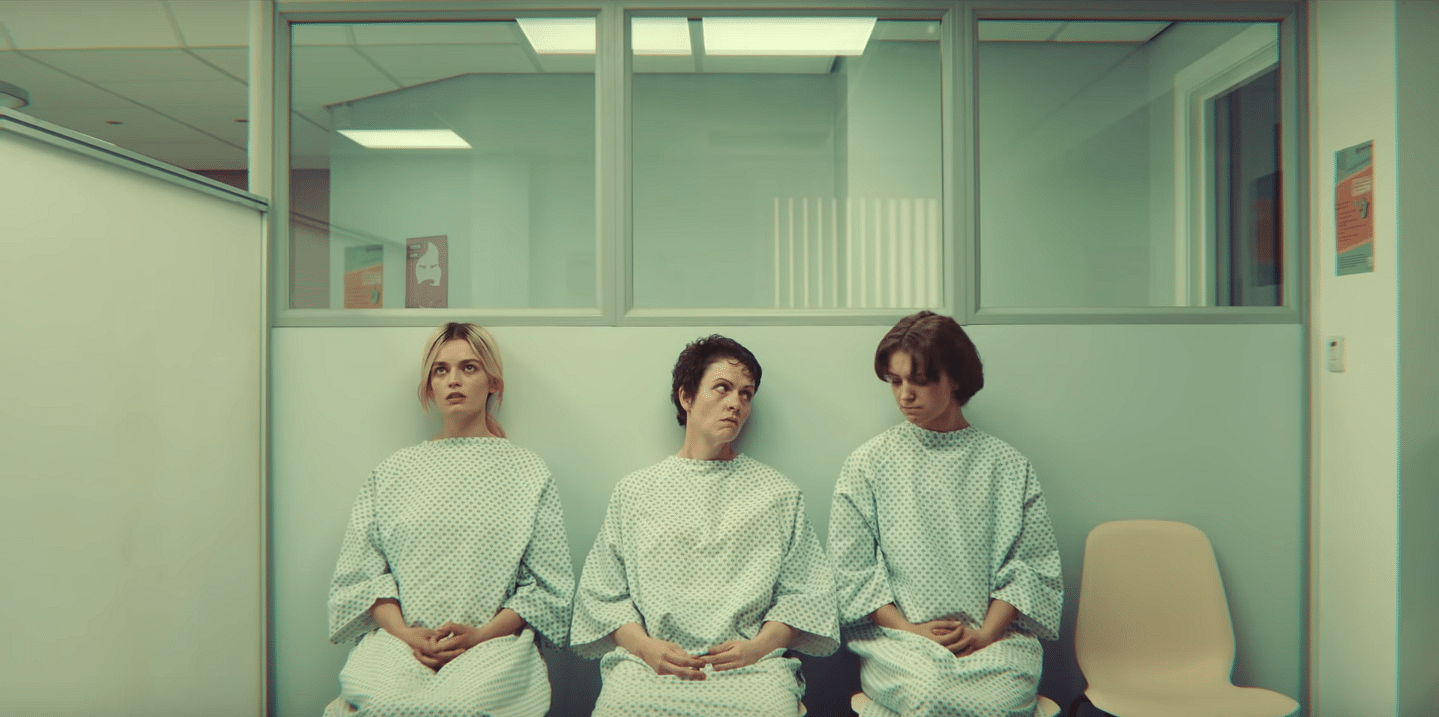
Mahima (name changed) was 21 when she realised she was pregnant. She approached a doctor recommended by a close friend.
The demeanour of the doctor as well as the staff made her uncomfortable. “The doctor yelled across the cabin to the nurse, ordering a pregnancy test, who in turn yelled out to her assistant about it. I could feel the patients in the waiting room judging me,” she says.
The tests revealed she only needed a medical abortion: a pill, as opposed to a surgical procedure.
“I put the pill in my mouth, and the doctor yelled at me saying if I was not old enough to understand the consequences, I shouldn’t be having sex,” she says. The experience was harrowing, to say the least, Mahima recalls.
The stigma associated with abortion is powerful, and often forces women to make unsafe medical choices.
Nearly 15 million pregnancies are terminated every year in India, and every day, 10 women die from unsafe abortions. In fact, abortions are the third leading cause of maternal deaths in the country.
List of doctors
An online movement called ‘My Body My Choice India’ is campaigning to spread awareness. It breaks down the law to make the legal nuances clear, and underline the pitfalls of the law.
The campaign advocates for access to safe abortions and amendment of the Medical Termination of Pregnancy Act to make it more inclusive when it comes to unmarried women.
Since they have to answer uncomfortable questions about sexual activity, women, especially unmarried ones, are wary about going to the doctor.
In 2015, Twitter user Amba Azaad put out a call to crowd-source a list of gynaecologists across the country that women “can trust”.
The quest was for doctors who don’t shame women. The search resulted in an exhaustive directory of non-judgemental gynaecologists across the country. The survey is still open. Anyone can recommend a doctor by filling in a comprehensive survey.
A similar effort was taken up by ‘Hidden Pockets’, a collective that has put together a list spanning seven cities — Delhi, Chennai, Kochi, Kolkata, Ahmedabad, Bengaluru and Jaipur. It also provides information about pregnancy, abortions, sexual health, and contraceptives and connects people to non-judgemental and affordable clinics to help tackle unwanted pregnancies.
A gynaecologist’s perspective
Dr Aruna Muralidhar, senior obstetrician and gynaecologist, Fortis La Femme Hospital, says that she mostly has patients between the ages of 18 to 26 years coming in for termination.
Speaking about the law on abortion, she says, “The most recent amendment to the MTP Act was proposed in 2014. The time limit for abortion was put to 20 weeks because the sex determination would happen at around that time and they wanted to prevent female foeticide. Now with the advancement of technology we can find out the gender of the baby as early as 12-13 weeks and with the advancement of medicine, terminations are quite safe even beyond 24 weeks of pregnancy also. The amendment was to extend the time beyond 20 weeks but it hasn’t become a law yet. Many only realise that they are pregnant after 20th week as this is when the tummy starts showing. Also, one only gets to know that the baby has abnormalities in the 20-week scan. The amendment proposed that not only doctors, but also other nursing and medical professionals would be able to perform abortions. This would help increase the number of health care practitioners who can perform them safely. However, one needs to have the proper training and proper knowledge to perform safe termination.”
What the law says
Section 312 of the Indian Penal Code had earlier criminalised abortion, describing it as intentionally causing miscarriage.
In 1971, the Medical Termination of Pregnancy Act was passed to circumvent the criminality clause. The law says termination of a pregnancy is permitted for up to 20 weeks of gestation for a broad range of conditions, such as risk to the life of the pregnant woman, risk to the life of the child, pregnancy caused by rape or failure of contraceptives.
The Act details that to terminate a pregnancy until the first 12 weeks, the approval of a medical practitioner is required. For abortion between 12-20 weeks, the approval of two medical practitioners is required. After amendments in 2002 and 2003, doctors are allowed to provide the morning-after pill on prescription, up till the seventh week of pregnancy.
The legal age of abortion is 18 years. A woman who is unmarried and over 18 can provide her own written consent to get an abortion.
Minors and women with psychological or social disabilities need a written consent from their guardians.
The law was not drafted with the aim of empowering women, but to deal with the increasing population and increasing mortality rates. Which is why the final decision to get an abortion lies not with the woman, but with the doctor.
It is not just in India
Michelle Williams gave an impassioned speech about reproductive rights at the 2020 Golden Globes.
She spoke about how by awarding an actor, the choices they made to get to that point where also being acknowledged. She went on to say, “I wouldn’t have been able to do this without employing a woman’s right to choose.” The speech raised a controversy about whether the actor was glorifying abortion. Cartoons and memes shaming the actor surfaced. Michelle is a mother to a 14-year-old, Matilda, with late partner Heath Ledger. She is also reportedly expecting her second child with fiancé Thomas Kail. The cartoons and memes show abortions as shameful.